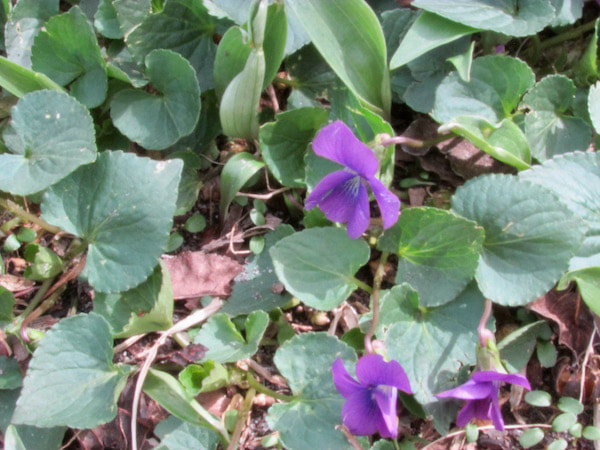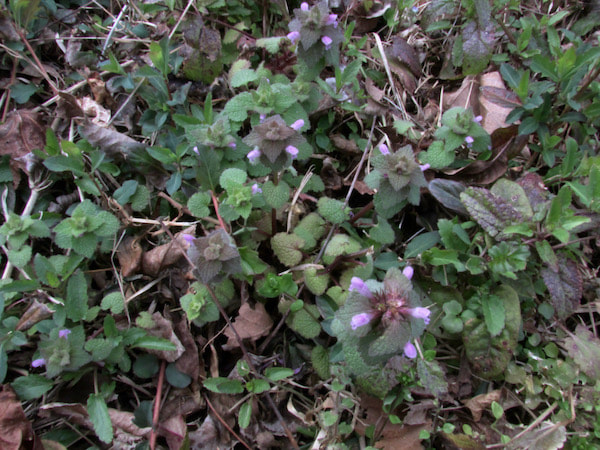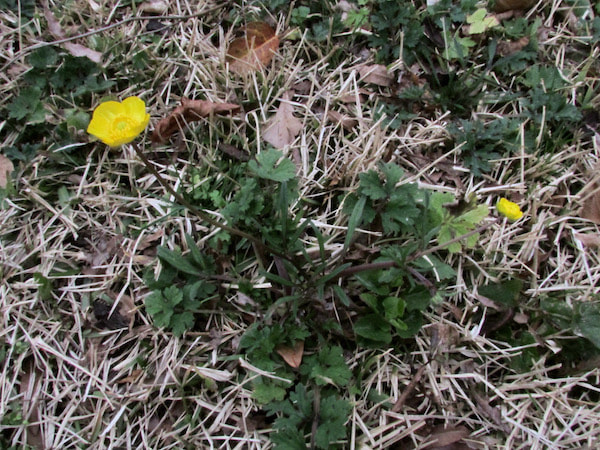|
Story and photos by Joanne K., Pitt County Arboretum Extension Master Gardener Volunteer Although our grass does not actively grow in winter and early spring, the weeds certainly do! They seem to pop up everywhere in the lawn, causing headaches for grass lovers. Weeds are defined as plants growing where you don't want them. Most of the same weed species will return in the same areas every year. Weeds compete with the grass for light, water, nutrients, and space.
These include calculating the square footage, measuring the herbicide amount accordingly, and correctly calibrating the spreader.
An excellent resource is the turf grass file at NC State University: https://www.turffiles.ncsu.edu/weeds-in-turf/ The NC State University website describes the various weeds that occur at different times of the year and includes pictures for identification. It describes cultural and chemical controls listing the pre- and post-emergent herbicides that can be used, along with explanations on their usage. Lawn maintenance calendars can be requested from the Pitt County Extension Master Gardener Volunteers by calling the Info Line at 252-902-1709.
1 Comment
Leave a Reply. |


